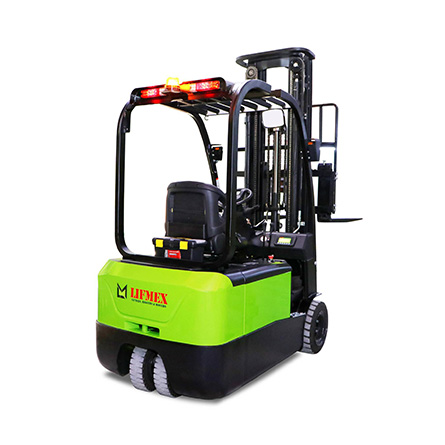In the bustling world of logistics and industrial operations, the humble forklift has undergone a remarkable evolution, transforming material handling processes and revolutionizing efficiency across various industries. From warehouses to construction sites, forklift innovations have played a pivotal role in optimizing productivity, safety, and overall operational success. This article explores the profound impact of forklift innovations on modern material handling practices. Find here the best forklift suppliers in UAE for your industrial needs.
Ergonomics and operator comfort:
One of the significant trends in forklift innovation revolves around enhancing operator comfort and ergonomics. Traditionally, forklift operators endured physically demanding tasks that took a toll on their well-being. Modern forklift designs prioritize ergonomic seating, adjustable controls, and intuitive interfaces. This not only improves operator comfort but also reduces fatigue, leading to increased productivity and safety.
Electric revolution: Eco-friendly and efficient:
The shift towards environmental consciousness has spurred the development of electric forklifts, marking a departure from traditional internal combustion engine models. Electric forklifts offer several advantages, including reduced noise pollution, zero emissions, and lower operating costs. The elimination of fuel and engine maintenance translates into cleaner and more cost-effective operations.
Advanced automation and robotics:
The integration of automation and robotics into forklift technology has been a game-changer. Automated guided vehicles (AGVs) and robotic forklifts can navigate warehouses, pick and transport materials, and even load and unload trucks without direct human intervention. This level of automation not only accelerates material handling processes but also enhances safety by minimizing the risk of human error.
Telematics and data analytics:
The digital age has brought forth telematics and data analytics solutions that empower forklift fleet managers with real-time insights into their operations. Telematics systems provide data on factors such as forklift utilization, maintenance schedules, and operator behavior. This data-driven approach allows for predictive maintenance, optimized routing, and informed decision-making, ultimately improving efficiency and reducing downtime.
Customization and versatility:
Modern forklifts come with modular designs that allow for customization based on specific industry needs. Whether it’s adapting to different load sizes, terrain conditions, or height restrictions, forklift innovations enable versatility and adaptability. This customization translates into improved efficiency and optimized workflows.



